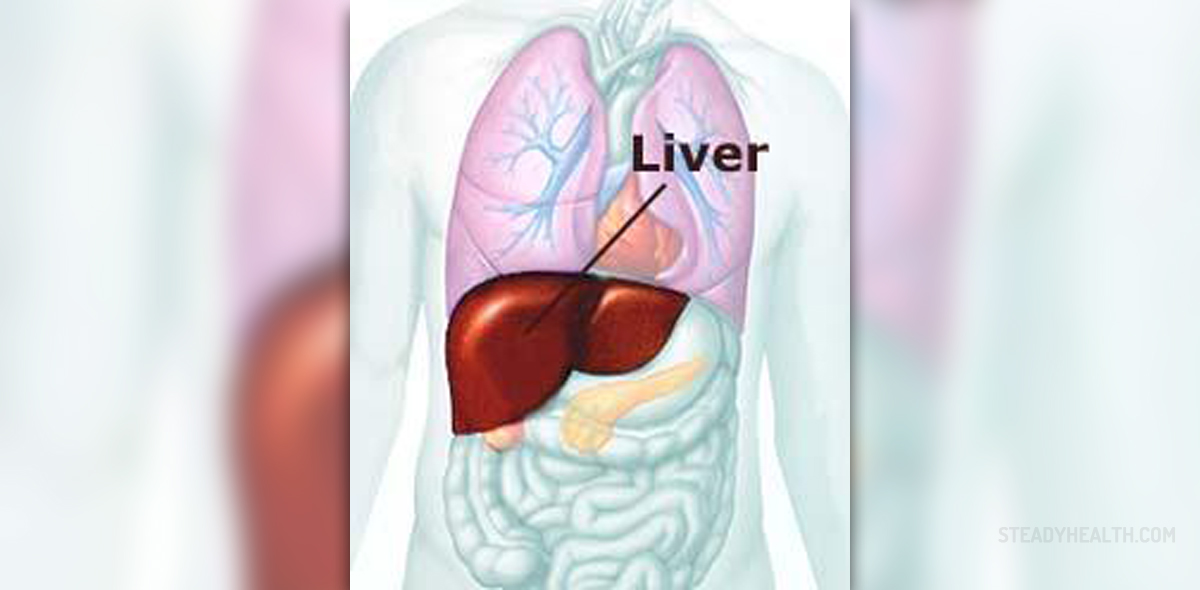
Liver Cirrhosis - General Info
A chronic damage to the liver tissue results in scarring and replacement of the healthy liver tissue with fibrous one. This condition is called liver cirrhosis and it tends to progress in time slowly reducing the general ability of this organ to function properly.
In mild cases the liver can be spared from further damage if the person stops consuming alcohol and sticks to prescribed dietary and lifestyle regimes. On the other hand, severe form of liver cirrhosis demands many medications and each time the balance inside the body is disturbed by improper functioning of this organ patients are hospitalized so that the disease can be brought under control and damage to other organs prevented or reduced.
Liver cirrhosis basically develops in people suffering from hepatitis C, chronic form of hepatitis B, cystic fibrosis, nonalcoholic fatty liver disease, galactosemia, hemochromatosis, autoimmune hepatitis and shistostomiasis. Not to forget people who consume large amounts of alcohol, the major contributor to the disease. And there are several more illnesses related to liver cirrhosis including primary sclerosing cholangitis, biliary atresia, glycogen storage disease and Wilson's disease.
The symptoms develop gradually. The disease is basically asymptomatic initially and once the damage becomes serious the symptoms and signs of liver cirrhosis occur. In advanced stages of the disease there are many symptoms and they vary a lot depending on the degree of the damage and whether other organs are affected by improper functioning of the liver or not.
Liver Cirrhosis - Treatment
In the early stage of liver cirrhosis the goal of the treatment is to take care of the underlying condition. For example, the goal of alcoholic liver cirrhosis treatment is to achieve absolute alcohol abstinence. Since majority of alcoholics are simply not able to stop drinking on their own they are advised to join a treatment program for alcoholic addiction. If liver cirrhosis is caused by hepatitis B or C the goal of the therapy is to control the damage to the organ with specific medications.
Treatment for liver cirrhosis also includes treatment for complications of the disease. There are many complications of liver cirrhosis and ascites (accumulation of fluid inside the peritoneal cavity), edema, esophageal varices and hepatic encelopathy are only some of them. They are generally treated in hospital and the therapy includes many medications while some of them require even surgical procedures. The patients must stick to well balanced diet rich in proteins and with low amount of fats.
And finally, when the liver completely shuts down the only treatment modality left for people suffering from liver cirrhosis is transplantation of this precious organ.


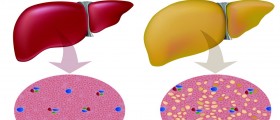


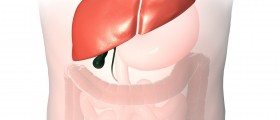

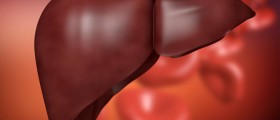






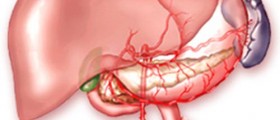


Your thoughts on this
Loading...